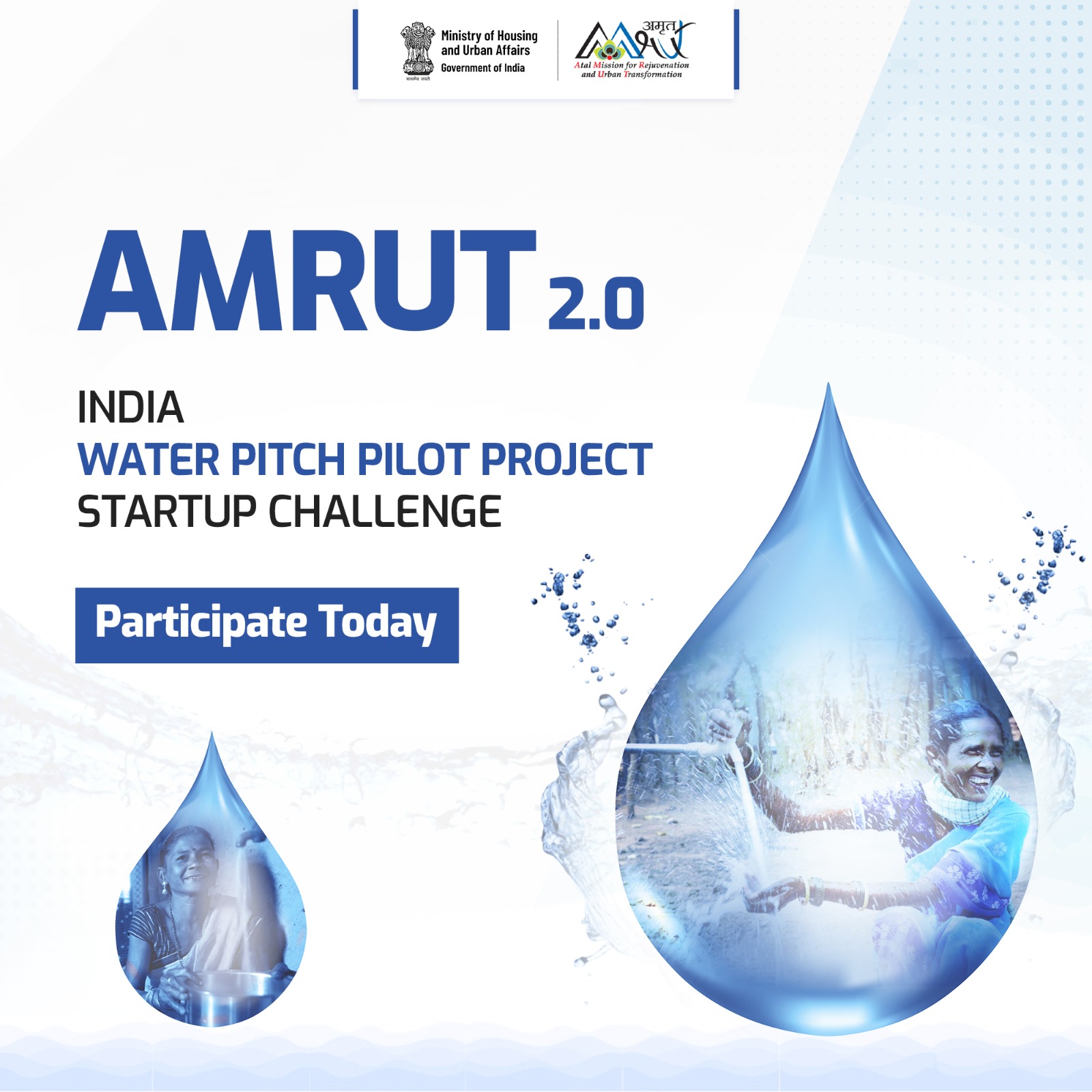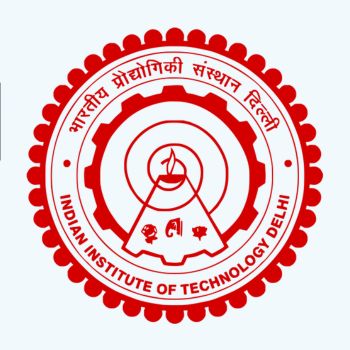The field of Computer Science is evolving rapidly, with new technologies emerging every year. To stay competitive, students and professionals must continuously upskill. Short-term courses provide an excellent opportunity to gain specialized knowledge without committing to long-term academic programs. In 2025, several courses are in high demand, offering lucrative career prospects and hands-on experience. This article explores the top 10 short-term courses that Computer Science students should consider.
List of 10 In-Demand Short-Term Courses for Computer Science Students in 2025
1. Data Science & Big Data Analytics
Why It’s Important
Data is the backbone of modern industries, driving decision-making and innovation. Companies rely on data scientists to analyze trends, optimize operations, and predict future outcomes.
Key Topics Covered
- Python programming for data analysis
- Predictive modeling and machine learning
- Data visualization techniques (Tableau, Power BI)
- Big Data frameworks like Hadoop and Spark
Career Prospects
Graduates can pursue roles such as:
- Data Scientist
- Data Analyst
- Big Data Engineer
2. Artificial Intelligence & Machine Learning
Why It’s Important
AI and ML are revolutionizing industries, from healthcare to finance. These technologies enable automation, enhance efficiency, and create intelligent systems.
Key Topics Covered
- Neural networks and deep learning
- AI ethics and responsible AI development
- Natural Language Processing (NLP)
- Reinforcement learning and AI applications
Career Prospects
Graduates can work as:
- AI Engineer
- Machine Learning Engineer
- NLP Specialist
3. Cybersecurity & Ethical Hacking
Why It’s Important
With increasing cyber threats, organizations need skilled professionals to protect sensitive data and prevent cyberattacks.
Key Topics Covered
- Network security and cryptography
- Ethical hacking and penetration testing
- Security compliance and risk management
- Incident response and forensic analysis
Career Prospects
Graduates can become:
- Cybersecurity Analyst
- Ethical Hacker
- Security Architect
4. Cloud Computing & DevOps
Why It’s Important
Cloud computing has transformed IT infrastructure, enabling businesses to scale efficiently. DevOps practices streamline software development and deployment.
Key Topics Covered
- AWS, Azure, and Google Cloud fundamentals
- Kubernetes and containerization
- Continuous Integration/Continuous Deployment (CI/CD)
- Infrastructure as Code (IaC)
Career Prospects
Graduates can work as:
- Cloud Engineer
- DevOps Engineer
- Site Reliability Engineer
5. Blockchain & Cryptocurrency
Why It’s Important
Blockchain technology is reshaping finance, supply chain management, and cybersecurity. Understanding its principles can open doors to innovative career paths.
Key Topics Covered
- Smart contracts and decentralized applications (DApps)
- Cryptographic security and consensus mechanisms
- Blockchain scalability and interoperability
- Real-world applications in finance and healthcare
Career Prospects
Graduates can pursue roles such as:
- Blockchain Developer
- Crypto Analyst
- Security Consultant
6. Full Stack Web Development
Why It’s Important
Web development remains a crucial skill, with businesses requiring dynamic and responsive websites.
Key Topics Covered
- MERN stack (MongoDB, Express.js, React.js, Node.js)
- Django and Flask for backend development
- API integration and database management
- Responsive design and UI/UX principles
Career Prospects
Graduates can become:
- Full Stack Developer
- Frontend Developer
- Backend Developer
7. Internet of Things (IoT) & Embedded Systems
Why It’s Important
IoT is driving smart technology innovations, from home automation to industrial applications.
Key Topics Covered
- Microcontrollers and sensor integration
- IoT security and data privacy
- Edge computing and real-time analytics
- IoT applications in healthcare and smart cities
Career Prospects
Graduates can work as:
- IoT Developer
- Embedded Systems Engineer
- Hardware Engineer
8. Quantum Computing Basics
Why It’s Important
Quantum computing is an emerging field with the potential to solve complex problems beyond classical computing capabilities.
Key Topics Covered
- Quantum algorithms and computing principles
- Quantum cryptography and security
- Quantum machine learning applications
- Future trends in quantum computing
Career Prospects
Graduates can pursue roles such as:
- Quantum Researcher
- Quantum Software Developer
9. UI/UX Design & Frontend Development
Why It’s Important
User experience is a critical factor in software and web development. Companies prioritize intuitive and visually appealing designs.
Key Topics Covered
- HTML, CSS, and JavaScript frameworks
- User research and wireframing
- Accessibility and usability principles
- Interaction design and prototyping tools
Career Prospects
Graduates can become:
- UI/UX Designer
- Frontend Developer
- Product Designer
10. Generative AI for Business Leaders
Why It’s Important
Generative AI is transforming industries by automating content creation, decision-making, and business strategies.
Key Topics Covered
- AI-powered automation and business applications
- Generative AI models (GPT, DALL·E)
- Ethical considerations in AI-driven decision-making
- AI’s impact on marketing and customer engagement
Career Prospects
Graduates can work as:
- AI Consultant
- Business Analyst
- AI Product Manager
Short-term courses provide a fast-track approach to acquiring specialized skills in high-demand fields. Whether you’re interested in AI, cybersecurity, or blockchain, these courses can enhance your career prospects and keep you ahead in the competitive tech industry. Choosing the right course depends on your interests and career goals.











